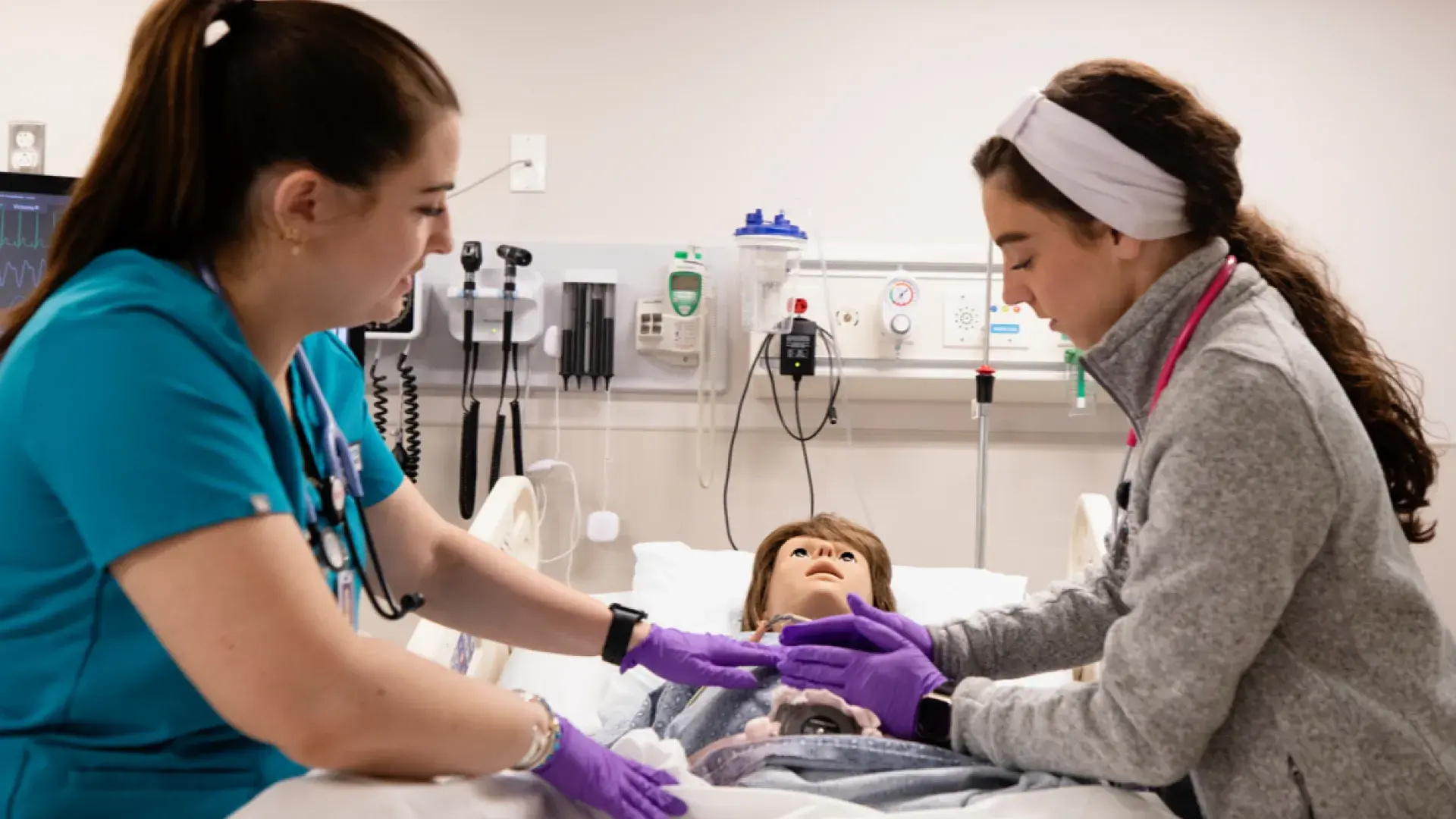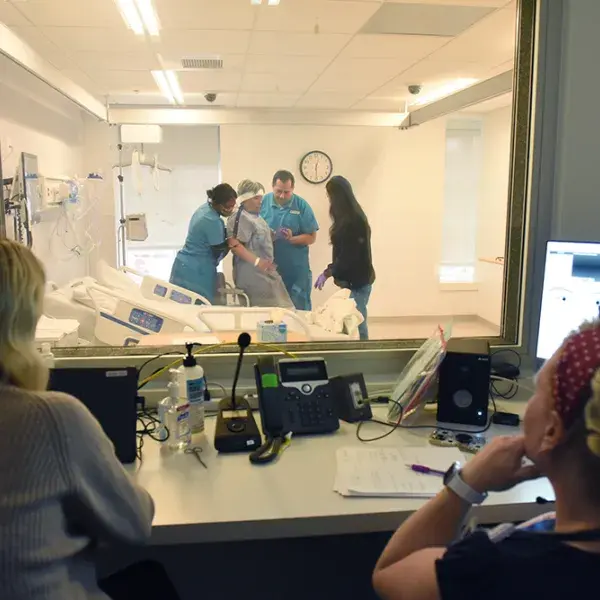
World-class resources, supportive environment
This program is designed for licensed, registered nurses to become advanced practice registered nurses (APRN) as a nurse practitioner (NP). The intensive, flexible program is open to RNs with a Bachelor of Science in Nursing (BSN). It includes an innovative curriculum with the program length depending on the degree you hold upon enrollment and specialty you choose.



